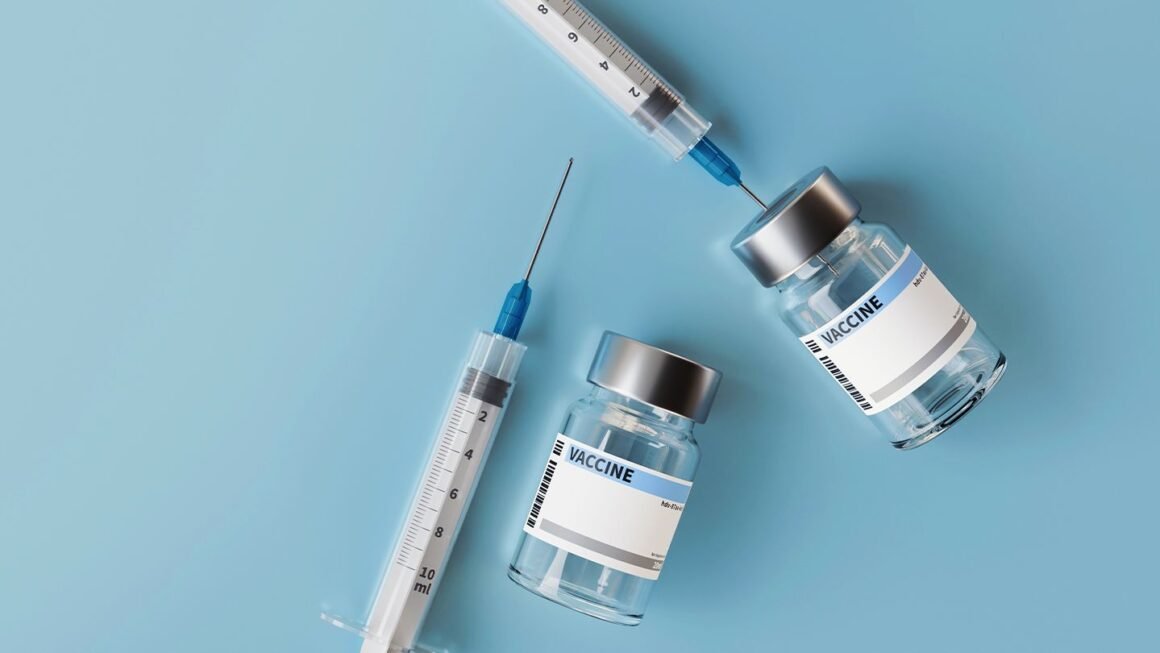Respiratory Syncytial Virus (RSV) has been a persistent public health challenge, particularly for vulnerable groups such as infants and the elderly. In 2024, the development and rollout of the RSV vaccine represent a monumental achievement in global healthcare. This article delves into the importance of the RSV vaccine, its development process, its effectiveness, and its broader implications for public health.
Understanding RSV and Its Impact
Respiratory Syncytial Virus (RSV) is a highly contagious virus that primarily affects the respiratory tract. While it often causes mild cold-like symptoms in healthy adults, it can lead to severe respiratory illnesses in infants, older adults, and immunocompromised individuals. According to the World Health Organization (WHO), RSV is a leading cause of acute lower respiratory infections, contributing to significant mortality rates globally.
The annual healthcare burden of RSV is staggering, with millions of hospitalizations worldwide. The lack of a preventive vaccine until 2024 left healthcare systems grappling with reactive rather than proactive measures.
Why the RSV Vaccine is a Game-Changer
The RSV vaccine’s introduction is revolutionary, addressing a long-standing gap in respiratory health. By preventing RSV infections, the vaccine alleviates strain on healthcare systems and improves quality of life for at-risk populations. Here’s why this vaccine is transformative:
- Reduction in Severe Cases: The vaccine minimizes hospitalizations and critical cases.
- Cost-Effectiveness: It reduces healthcare costs associated with managing RSV complications.
- Global Reach: It is designed to benefit both developed and developing nations, ensuring equitable access.rsv vaccine is considered a public health breakthrough in 2024-vitalpulsehealing
Development Timeline of the RSV Vaccine
Decades in the Making
The journey toward an RSV vaccine spans several decades of research and development. Scientists faced numerous challenges, including understanding the virus’s behavior and developing an effective immune response mechanism.
Key Milestones
- Early 2000s: Initial vaccine candidates showed limited success.
- 2010-2020: Advances in virology and immunology accelerated vaccine development.
- 2024 Approval: After rigorous clinical trials, the RSV vaccine was approved for widespread use.
The culmination of these efforts marks a turning point in respiratory virus prevention.
How the RSV Vaccine Works
Mechanism of Action
The RSV vaccine utilizes innovative technology to stimulate an immune response. By introducing a harmless component of the RSV virus, the vaccine trains the body to recognize and combat the actual virus upon exposure.
Types of RSV Vaccines
There are different formulations of the vaccine tailored to specific demographics:
- Infant Vaccines: Administered to pregnant women to protect newborns through passive immunity.
- Elderly Vaccines: Designed to strengthen immune defenses in older adults.rsv vaccine is considered a public health breakthrough in 2024-vitalpulsehealing
Clinical Trials and Effectiveness
Efficacy Rates
Clinical trials demonstrate that the RSV vaccine reduces severe infections by over 80% in high-risk groups. These results underscore the vaccine’s potential to save lives and prevent complications.
Safety Profile
Extensive testing ensures that the vaccine is safe for widespread use. Side effects are typically mild, such as soreness at the injection site or low-grade fever.
Global Rollout and Accessibility
Equitable Distribution
Ensuring global access to the RSV vaccine is a priority. International organizations and governments are collaborating to subsidize costs and facilitate distribution, particularly in low-income regions.
Implementation Challenges
Logistical hurdles, such as cold chain requirements and vaccine hesitancy, pose challenges. However, ongoing awareness campaigns aim to overcome these barriers.
Impact on Public Health
The RSV vaccine’s introduction has profound implications for global health. By preventing severe respiratory illnesses, the vaccine:
- Reduces mortality rates in infants and the elderly.
- Mitigates the burden on healthcare infrastructure.
- Contributes to healthier communities and economic productivity.
RSV Vaccine for Infants: A Lifesaving Measure
Infants are among the most vulnerable to RSV complications. The vaccine’s maternal immunization strategy ensures that newborns receive antibodies that protect them during their first critical months of life.
RSV Vaccine for Older Adults
Older adults face heightened risks from RSV due to weakened immune systems. The vaccine enhances their immunity, reducing hospitalizations and improving overall health outcomes.
Addressing Vaccine Hesitancy
Public skepticism about vaccines can hinder adoption. Transparent communication about the RSV vaccine’s safety and benefits is crucial to building trust and ensuring high vaccination rates.
Economic Benefits of the RSV Vaccine
Preventing RSV infections reduces healthcare expenditures significantly. Additionally, healthier populations contribute to increased economic productivity.
Innovative Technologies Behind the Vaccine
mRNA Technology
The RSV vaccine leverages mRNA technology, a groundbreaking approach also used in COVID-19 vaccines. This innovation enhances the vaccine’s efficacy and scalability.
RSV Vaccine and Pandemic Preparedness
The success of the RSV vaccine demonstrates the importance of investing in vaccine research to combat future pandemics.
Future of Respiratory Vaccines
The RSV vaccine sets the stage for developing vaccines against other respiratory viruses, such as parainfluenza and metapneumovirus.
Public Health Campaigns for Awareness
Educating communities about RSV prevention is essential. Public health campaigns focus on the vaccine’s benefits and the importance of timely immunization.
FAQs
What is RSV, and why is it dangerous?
Respiratory Syncytial Virus is a contagious virus causing severe respiratory illness, especially in infants and the elderly.
Who should get the RSV vaccine?
The vaccine is recommended for infants (via maternal immunization) and older adults.
Is the RSV vaccine safe?
Yes, clinical trials confirm its safety and effectiveness, with only mild side effects reported.
When was the RSV vaccine approved?
The vaccine was approved for widespread use in 2024 after rigorous clinical trials.
How does the RSV vaccine protect newborns?
Maternal immunization transfers protective antibodies to newborns, safeguarding them during their first months.
What is the economic impact of the RSV vaccine?
It reduces healthcare costs and boosts economic productivity by preventing illness.
Conclusion
The RSV vaccine’s approval in 2024 marks a pivotal moment in public health. By addressing a critical healthcare need, this vaccine has the potential to save millions of lives, reduce healthcare costs, and improve quality of life worldwide. Continued investment in vaccine research and global distribution ensures that the benefits of this breakthrough are realized universally.




